Division of Medical Ethics & Law
REDSSA
REDSSA African Consortium of Bioethicists (ACB)
The primary purpose of engaging with bioethicists from various African countries would be to gain an understanding of the context and nature of data protection and how this impacts data sharing. It is important to ensure that data sharing does not exacerbate existing inequalities between researchers in higher and lower income settings.
The focal areas discussed include:
-
Legislation on data sharing at a country level
-
MTAs and DTAs
-
Participant consent for data sharing
-
The context and relevance of stakeholder engagement
-
The nuances and challenges with data sharing
-
The context and challenges with digital data, big data, clinical data
-
Data access committees
-
REC review of applications involving data sharing
-
Challenges associated with the regulation of data using online databases, platforms, or the cloud
-
The need for research capacity building related to data sharing
Some of our ACB meetings
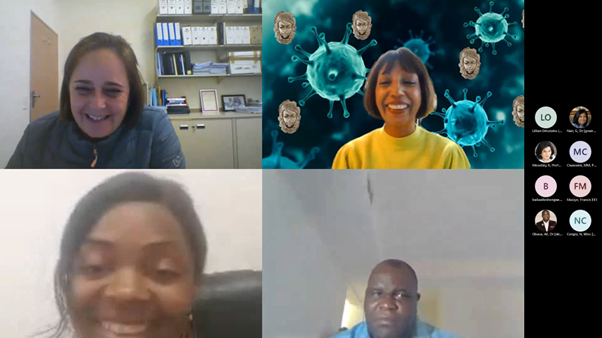 | 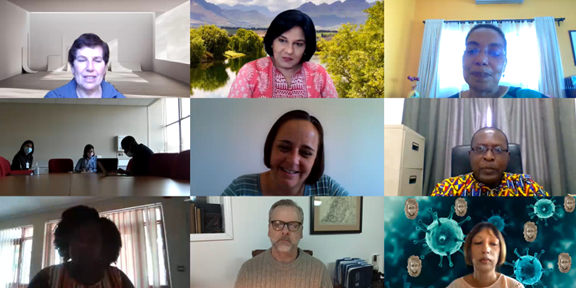
| |
Members of the REDSSA
African Consortium of Bioethicists
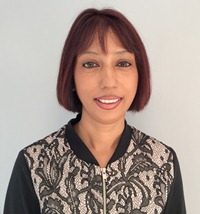 Shenuka Singh (Chairperson)
Shenuka Singh (Chairperson)
Shenuka Singh is a Professor in the Discipline of Dentistry with a doctoral degree (PhD) in the field of Dental Public Health. She is an appointed member of the National Health Research Ethics Council (NHREC) in South Africa (2020-2022) and chaired the Norms and Standards Committee within NHREC in 2019. Prof Singh is currently a Deputy Chair for the Biomedical Research Ethics Committee at UKZN (2020-2022) and a member of the Human Sciences Research Council’s Research Ethics Committee (2019-2021). She was the appointed Research Ethics Chair for the Council for Science and Industry Research in South Africa (CSIR REC R&D: 2015-2018) and the Humanities and Social Sciences Research Ethics Committee at UKZN (2014-2018). As part of her ongoing engagement with research ethics, she conducted a number of training workshops at various institutions in South Africa such as UKZN, DUT, MANCOSA, South African Medical Council and University of Zululand. She is actively involved in research and postgraduate supervision and has presented papers in local and international conferences (including invitations as keynote speaker). She was awarded an excellence award for her contribution to dental public health by the Venus International Association in Chennai in June 2019. Prof Singh was a recipient of the 2018 College of Health Sciences Teaching Excellence Award (in the category: Outstanding Contribution to Teaching) and was also awarded the UKZN Certificate of Excellence in Teaching (2018).
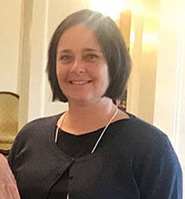 Theresa Burgess (Chairperson)
Theresa Burgess (Chairperson)
Theresa Burgess started her career with a BSc (Physiotherapy), followed by a BSc (Med)(Hons) and PhD in Exercise Science, all from the University of Cape Town. In 2011 she was awarded a NIH Fogarty Fellowship in Bioethics and with this support, successfully completed a MHSc (Bioethics) at the University of Toronto in 2012. She teaches musculoskeletal physiotherapy, exercise and sports physiotherapy, bioethics and research ethics to undergraduate and postgraduate students in the UCT Faculty of Health Sciences. She is also the programme convenor of the MSc in Exercise and Sports Physiotherapy. She serves as the Deputy Chair of the Faculty of Health Sciences Human Research Ethics Committee; has served as a member of the Department of Health’s National Health Research Ethics Council and serves on the Hospice Palliative Care Research Ethics Committee. She is part of the ARESA Bioethics Leadership Programme and is registered for a second PhD in Clinical and Research Ethics.
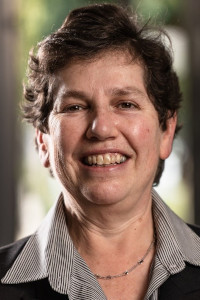 Sharon Kling
Sharon Kling
Sharon Kling is an emeritus associate professor in the Department of Paediatrics and Child Health, Faculty of Medicine and Health Sciences (FMHS), Stellenbosch University. She is a past president of the College of Paediatricians of South Africa and is currently a member of the Executive Committee of the Allergy Society of South Africa (ALLSA). She is a member of both the Clinical Ethics Committee at Tygerberg Hospital and the Undergraduate Research Ethics Committee of the FMHS. She holds an MPhil in Applied Ethics and is currently completing her doctorate, which critically examines the work of clinical ethics committees in South Africa. She serves as a co-investigator to the REDSSA project.

Keymanthri Moodley
Keymanthri Moodley is a Distinguished Professor in the Department of Medicine and Director of the Division of Medical Ethics and Law (CMEL), Faculty of Health Sciences, Stellenbosch University. Keymanthri is a specialist family physician, bioethicist and has served as a Principal Investigator on numerous clinical trials. In 2017, she was appointed as Adjunct Professor in the Department of Social Medicine, University of North Carolina-Chapel Hill (UNC), USA. Additionally, Professor Moodley is a member of the Academy of Science in South Africa (ASSAf) and completed an Executive MBA in 2015. She is an NRF rated researcher and has served on the SAMRC Board, the NHREC and in international organisations: WHO, International AIDS Society (IAS), NIH DSMBs and the WHO SAGE Ebola Working Group. The CMEL was re-designated as a Collaborating Centre in Bioethics in 2019 by the WHO. Professor Moodley serves as Principal Investigator for the REDSSA project.
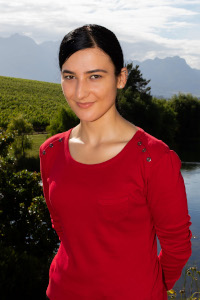
Nezerith Cengiz
Nezerith Cengiz is a bioethics graduate conducting empirical research on the REDSSA project at the Division ofMedical Ethics and Law at Stellenbosch University. She completed her undergraduate studies in Public Health from Monash University; and an Honours degree and Master of Science in Bioethics and Health Law at the Steve Biko Centre for Bioethics at the University of Witwatersrand. Her Masters’ thesis focused on carebots and virtue ethics. Nezerith has a background working as a research assistant in vascular surgery research and ophthalmology. Nezerith’s current research focuses on the perspectives of REC members and researchers on data governance in sub-Saharan Africa. Since 2022 she is an ad hoc member of the Tygerberg Clinical Ethics Committee.
Walter Jaoko (Kenya)
Walter Jaoko is a Professor of Medical Microbiology and Tropical Medicine, the Director of KAVI-Institute of Clinical Research at University of Nairobi, and Fellow of the Africa Academy of Sciences. He has over 30 years’ experience in teaching, research and post-graduate student supervision in infectious diseases transmission, pathology, treatment, prevention and control, and has published over 200 articles in peer-reviewed scientific journals. He is also a bioethicist as an alumnus of the Fogarty funded ARESA training programme at Stellenbosch University where he obtained a Postgraduate Diploma in Health Research Ethics, and a holder of a Master of Global Bioethics degree from Anahuac University.
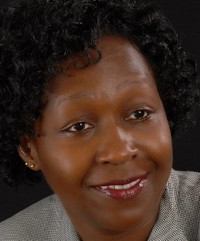 Lillian Omutoko (Kenya)
Lillian Omutoko (Kenya)
Dr. Lillian Omutoko is an Educationist and Bioethicist. She holds a PhD in Education, a Master’s Degree in Global Bioethics, a Postgraduate Diploma in Health Research Ethics and a Certificate in Responsible Conduct in International Research. She is a Senior Lecturer at University of Nairobi, Department of Educational Management, Policy and Curriculum Studies. She received Fogarty Scholarship Awards from National Institutes of Health for a fellowship at University of Washington and Stellenbosch University. She is a Co-investigator in the project Strengthening Ethics Review and Oversight in Kenya sponsored by European and Developing Countries Clinical Trials Partnership (EDCTP) and a team member in the project ‘University of Nairobi –Ohio State University Project in One Health and Emergency Research Ethics (MOHERE)’ sponsored by National Institutes of Health. Lillian is part of the collaborative team involved in establishment of Hospital Ethics Committees in Kenya. She has presented papers and keynote addresses in several workshops and conferences in Bioethics nationally and internationally. She is a member of Kenyatta National Hospital- University of Nairobi Ethics Research Committee; Bioethics Society of Kenya; International Association of Ethics Education; Research Ethics Association of Southern Africa and also one of the founders of African Bioethics Network.
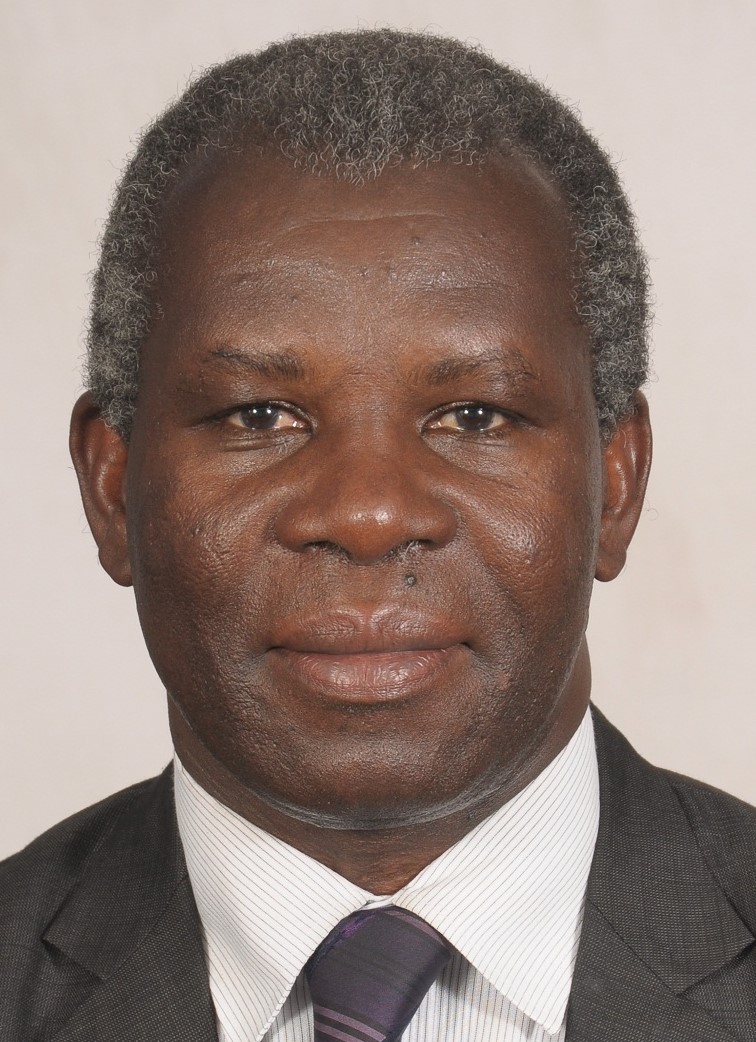 Stephen Ombok Muhudhia (Kenya)
Stephen Ombok Muhudhia (Kenya)
Dr Muhudhia is a medical doctor specialising in paediatrics and child health as well as bioethics. He has qualifications in Bioethics and Health Law. He has a Master's degree in Bioethics and Health Law from Witwatersrand University in South Africa, and a Post Graduate Diploma in Biomedical Ethics, from the Centre for Bioethics and Culture of the Sindh Institute of Urology and Transplant in Pakistan. He is a UNESCO-certified teacher of ethics. He undertook a research fellowship at the Center for Bioethics and Human Dignity of the Trinity International University in Illinois, USA, where he studied clinical and research ethical issues and was accorded recognition as the Bioethics Fellow of the Year in 2018. Dr Muhudhia is an adjunct professor of Bioethics at Trinity International University and a Co-Director of the Trinity International University Africa Bioethics Initiative program. He is a part-time lecturer in bioethics at Kabarak University in Kenya. He serves as faculty on the CBEC-KEMRI Bioethics Training Initiative, an NIH-funded program for capacity building in the fields of Research Ethics, Clinical Ethics, Public Health Ethics, Research methodology and IRB administration. Dr Muhudhia is a member of the Scientific, Ethics and Research Unit (SERU) of the Kenya Medical Research Institute (KEMRI). He has served for two years on the IRB of Gertrude's Institute of Child Health and Research in Kenya. Dr Muhudhia is a member of the Bioethics Society of Kenya.
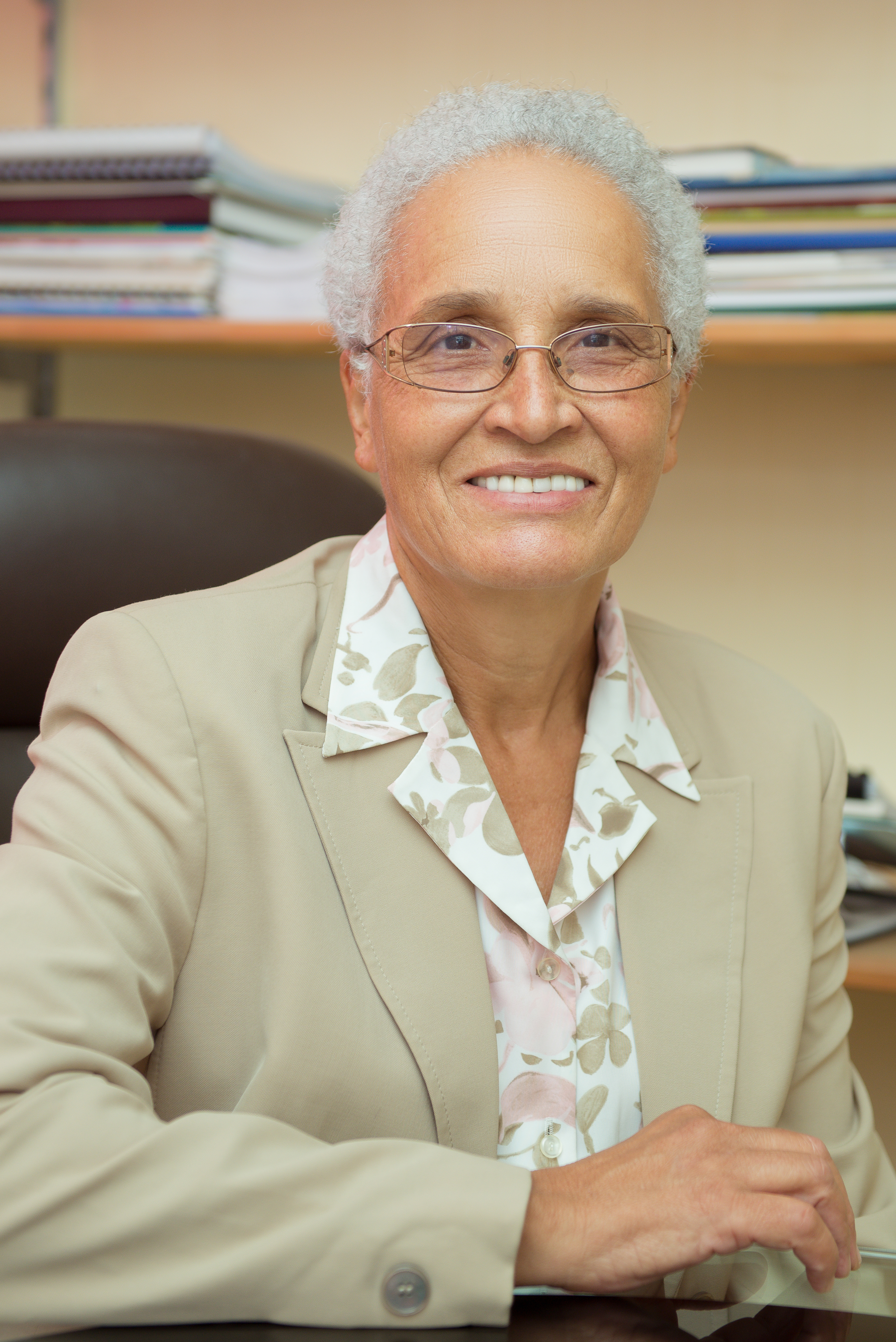 Alwyn Mwinga (Zambia)
Alwyn Mwinga (Zambia)
Dr Alwyn Mwinga is a Physician trained at the University of Zambia with a special interest in TB, HIV, and bioethics. Dr Mwinga served a member of the University of Zambia Ethics Committee for 10 years and is currently a member of Ethics Advisory Group for the Union. She is currently a member of the Board of the Drugs for Neglected Diseases Initiative (DNDi) as a patient representative. Dr Mwinga has post-graduate qualifications from the University of Zambia, the University of London, and Stellenbosch University. She served as Associate Editor for the International Journal of Tuberculosis and Lung Diseases for 10 years, as an Associate Editor for the Lancet Infectious Diseases as well as a member of the International Advisory Board of the Lancet. She has served as external reviewer for research proposals with various organizations including the MRC (UK), European Commission, the International Development Research Centre (Canada) and the Union (Fund for Innovative DOTS Expansion using Local Initiatives). She has served as a member of the Data Safety Monitoring Committee and Trial Steering Committees for several clinical trials and was a member of TDR Scientific Working Group for Research Capacity Strengthening and Knowledge Management. She is the Chairperson for the Zambian Ministry of Health's Tuberculosis Technical Working Group. She is the Chief Executive Officer for Zambart, an independent research organization based in Zambia that is renowned for conducting high quality community randomised trials in Zambia.
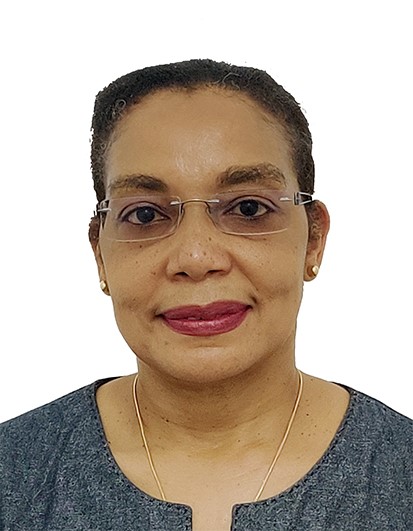
Esperança Sevene (Mozambique)
Dr Esperança Sevene graduated in Medicine and Surgery at the Eduardo Mondlane University (UEM) in 1993, did a master's in Pharmacoepidemiology at the Autonomous University of Barcelona in 2000 and a PhD in Medicine at the University of Barcelona in 2009. She worked on the safe use of medicines and vaccines and was involved in implementing pharmacovigilance in several countries in collaboration with World Health Organization. She was involved in creating the National Bioethics Committee for Health in 2002. Currently, she is an Associate Professor of Clinical Pharmacology, serving as Director of the Doctoral Program in Biosciences and Public Health at UEM, Senior Researcher at the Manhiça Health Research Center and Vice-President of the National Bioethics Committee for Health.
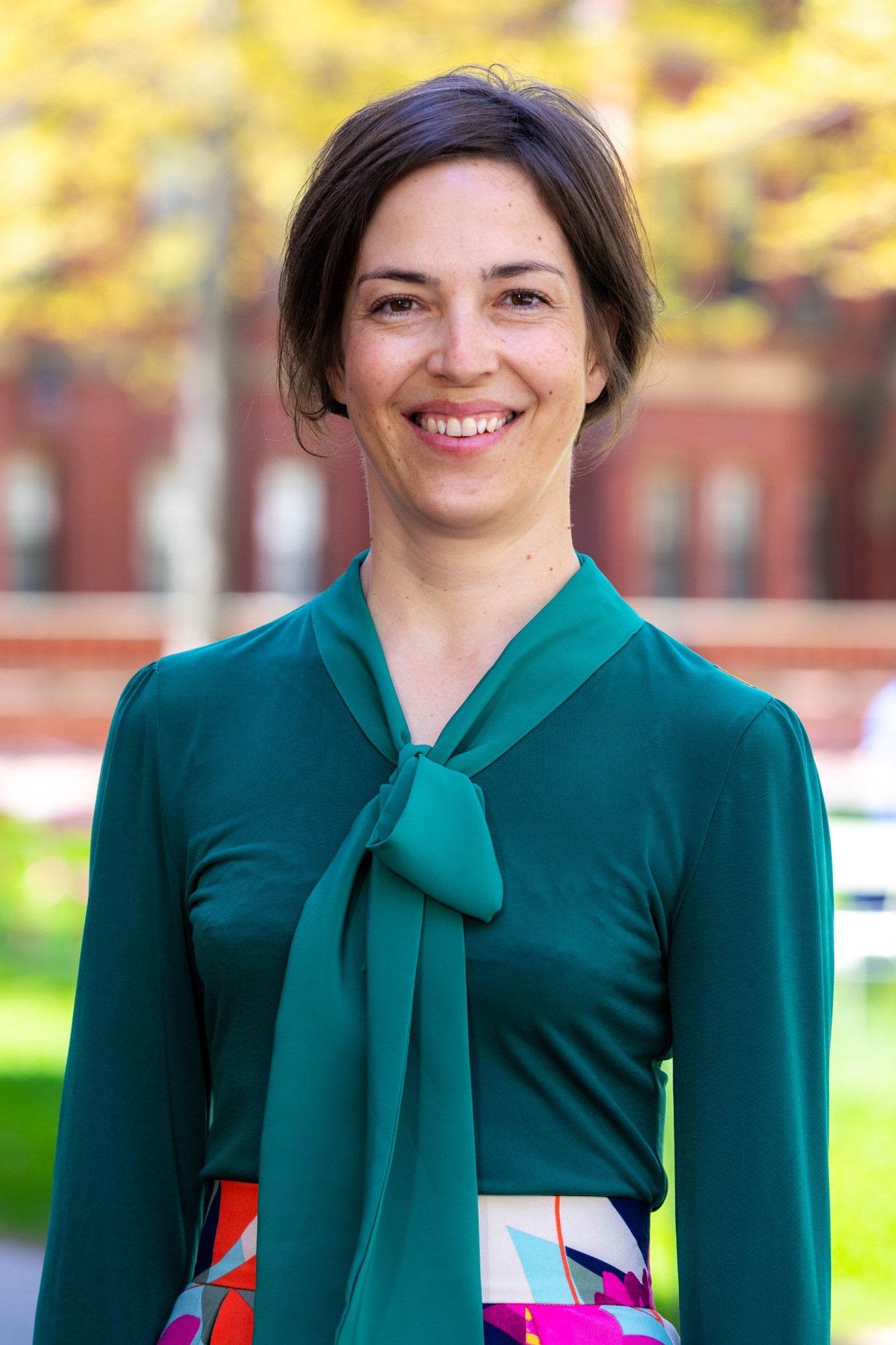 Mareli Claassens (Namibia)
Mareli Claassens (Namibia)
Mareli Claassens is a medical doctor and an associate research professor at the University of Namibia, She is also an African research leader funded by the British Medical Research Council (MRC), a Senior Fellow of the European and Developing Countries Clinical Trials Partnership (EDCTP) and Harvard LEAD fellow in Global Health. Her research focuses on tuberculosis, HIV and Covid-19 especially within marginalized societies in Southern Africa, like the San, an indigenous group in northeast Namibia, who suffers a very high burden of tuberculosis.
Mareli Claassens aims to improve implementation gaps by bringing the bench to the bedside and the community through participatory and community engagement approaches, in conjunction with state-of-the-art diagnostics and other technologies. She believes that transdisciplinary approaches, for instance One Health, could have a monumental impact on health outcomes. Engaging with young girls and women to make their way in the STEMM fields is close to her heart. She is currently involved in a project titled
WoNam (Women in Namibia) to ensure equitable opportunities for all.
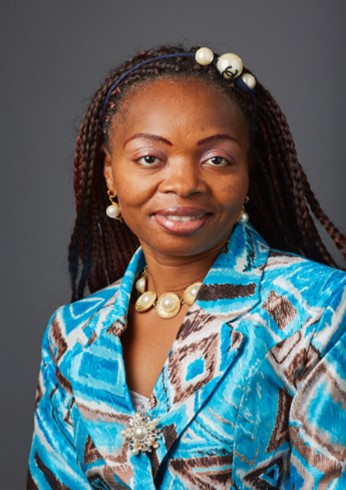 Marceline Djuidje Ngounoue (Cameroon)
Marceline Djuidje Ngounoue (Cameroon)
Marceline Djuidje Ngounoue holds a Ph.D. in Biochemistry since June 2009, with specialty in Molecular Virology/Viral Genomics. She is an Associate Professor of Biochemistry, Molecular Biology, Immunology, Research Methodology and Bioethics at the University of Yaoundé 1, Cameroon. Marceline is also a Fulbright Research Scholar Alumna and former Visiting Professor at Yale University School of Medicine, New Haven, CT, USA. Marceline is a consultant for human health research ethics: she has so far served as Executive Secretary at the Cameroon National Ethics Committee, member of the Central Africa Ethics Committee and is currently coordinating the human health ethics at the Joint Institutional Review Board for Animal and Human Bioethics (JIRB), University of Yaoundé 1. Marceline is a resource person for the Vaccinology course in Cameroon, having attended the African Vaccinology Course in Cape Town in 2012, and the African Advanced Vaccinology Course (Afro-ADVAC) 2021 at the University of Witwatersrand, South Africa, and also organized a vaccinology course at the University of Yaoundé 1 in July 2022. Her research has produced a number of articles in peer review journals and book chapters. Marceline serves as a reviewer for BMC AIDS Research and Therapy, BMC Globalization Health and Academic Journals & is an Editor in scholarly books. Marceline has trained fourteen (14) master holders and currently supervises more MSc and co-supervises ten (10) PhD students in the field of Biochemistry, Molecular Microbiology, and Immunology both at the Universities of Yaoundé 1 and Buea, Cameroon. Marceline is a holistic mentor for women and girls in science.
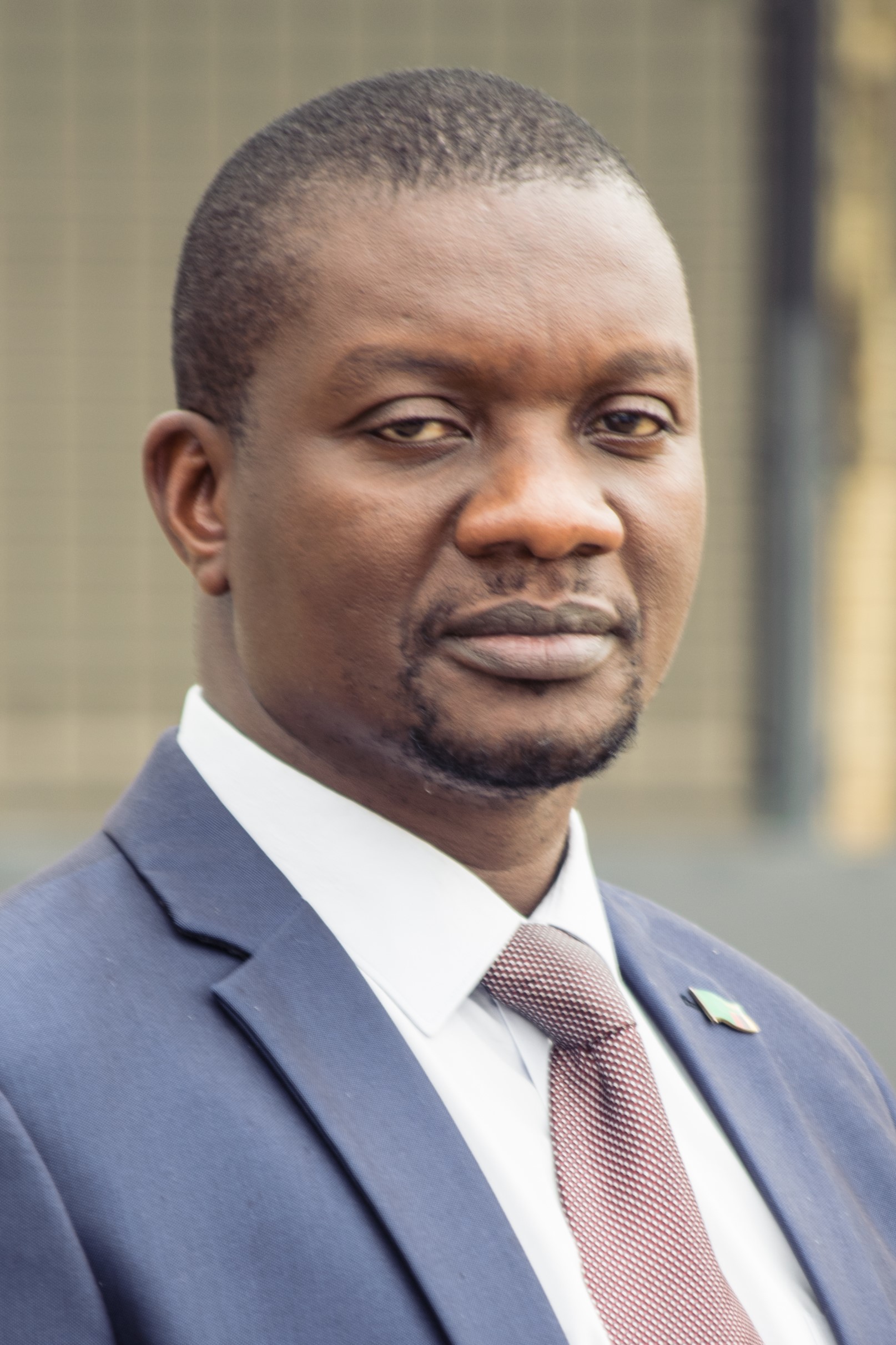 Victor Chalwe (Zambia)
Victor Chalwe (Zambia)
Victor Chalwe is a Zambian Medical doctor, Associate Professor (Honorary PhD) of Health Sciences and Public Health Specialist with 23 years of health experience, including more than 19 years of research experience serving as co-Investigator or Principal Investigator on over 30 malaria, HIV/TB, STI and NTD studies. Dr Victor Chalwe has provided leadership in research as Head of Clinical Sciences Department in TDRC (2003-2011), Deputy Director at IMRET (2011-2013), Acting Director – Public Health and Research in Zambia Army (2012-2014), and Public Health Specialist at Provincial Health Office in Luapula (2015- 2017). In addition to university graduate training, he has completed a wide range of short training and workshops, including a Bioethics certificate from Georgetown University, US and an Advanced Diploma in Clinical Research from Vienna School of Clinical Research. He has worked on a part-time basis as Honorary Lecturer in Epidemiology in the Department of Public Health at the University of Lusaka, under the School of Health Sciences (2014 to date) and also as a part-time lecturer at University of Zambia, Public Health Department, and Cavendish University (2013-2015). Dr Victor Chalwe is now an Associate Professor of Health Sciences at Chreso University and is currently the Deputy Director – Research Promotion and Regulation, for the National Health Research Authority.
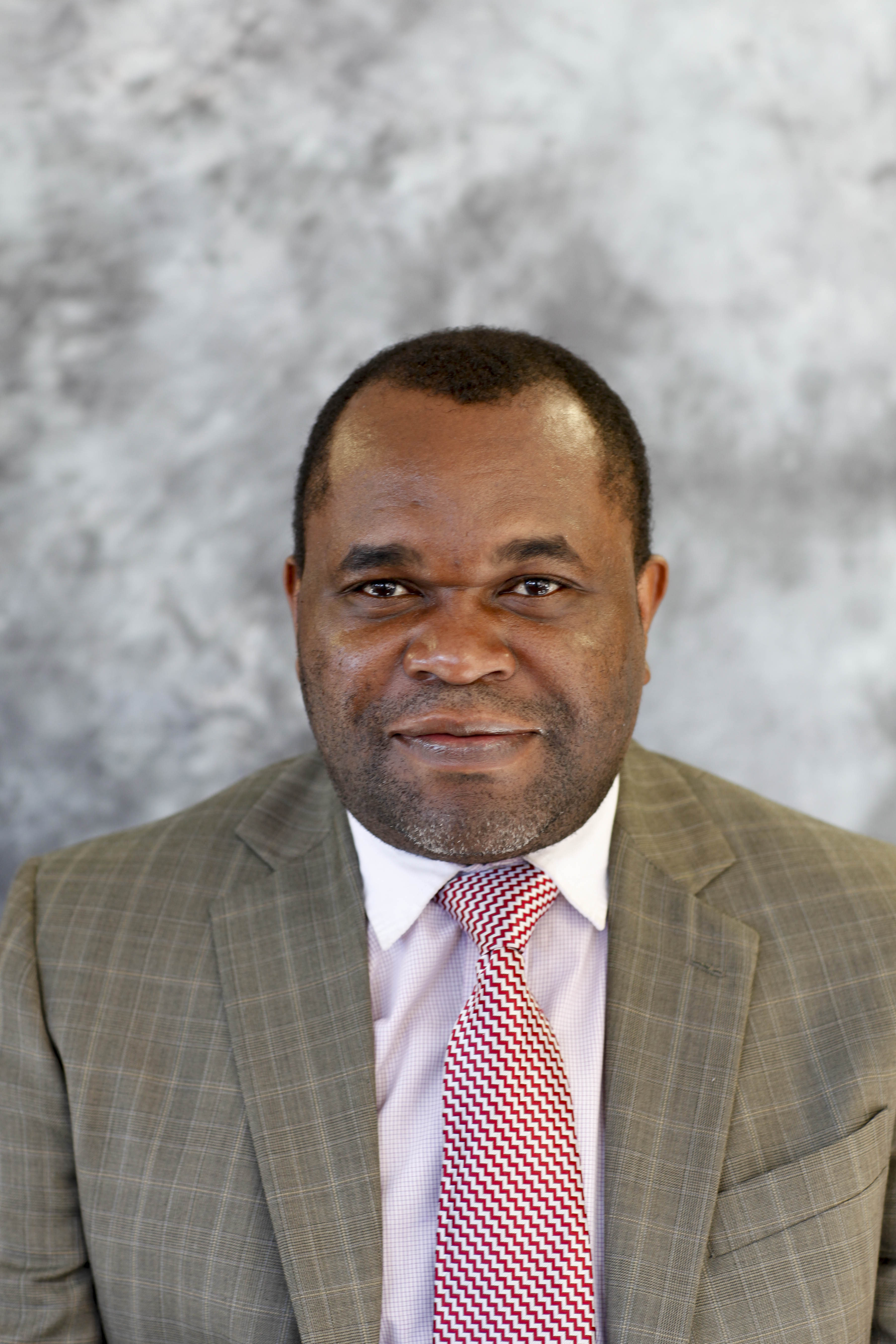 George Rugare Chingarande (Zimbabwe)
George Rugare Chingarande (Zimbabwe)
George Rugare Chingarande holds a PhD degree in Neuroscience with a graduate minor in Applied Statistics (2021) from the University of Missouri-Columbia (USA), MSc in Biological Engineering from the University of Missouri-Columbia (2021), MBA from DeMonfort University (UK) & a BTech in Nuclear Medicine Technology from the University of Johannesburg (South Africa). Additionally, he holds a PGDip in Health Research Ethics from Stellenbosch University (South Africa).
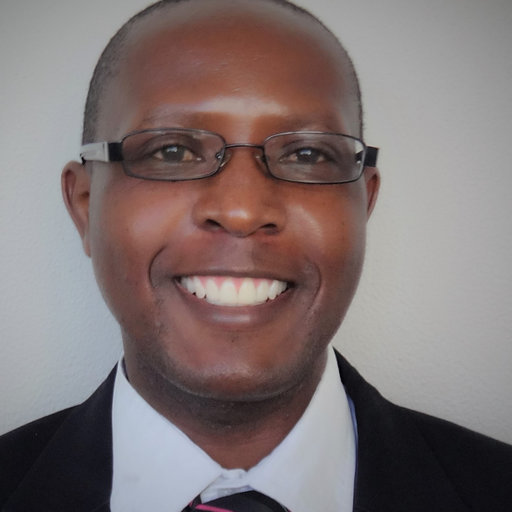 Francis Masiye (Malawi)
Francis Masiye (Malawi)
Francis Masiye is a graduate in Philosophy, Bioethics, and International Research Ethics from the Pontifical Urbaniana University, University of Cape Town and the Johns Hopkins Bloomberg School of Public Health (Baltimore, USA). He has also attended post-graduate training in Clinical Trial Monitoring and Medical Anthropology. He is currently a PhD student in Clinical and Research Ethics in the Division of Medical Ethics and Law at Stellenbosch University; he works as a REC Administrator and Faculty Member in the Directorate of Research, Postgraduate Studies and Outreach at the Malawi University of Science and Technology; and he is an honorary Senior Lecturer in Bioethics and Research Methods in the Department of Health Systems and Policy at the Kamuzu University Of Health Sciences in Blantyre. He is a member of the H3Africa Working Group on Ethics, Association of African Research Ethics Committee Administrators and the Johns Hopkins Fogarty African Bioethics Training Program Alumni Association. He also serves as a reviewer for the Malawi Medical Journal, BioMed Central (BMC) Journal of Medical Ethics, Springer Journal of Theoretical Medicine & Bioethics, and Journal of Empirical Research on Human Research Ethics. Francis has published several papers and book chapters in bioethics, health research ethics and medical anthropology. His interests are in Research and Clinical Ethics, Public Health Ethics and Medical Anthropology.

Limbanazo Mindiera Matandika (Malawi)
Limbanazo Mindiera Matandika is an early career Bioethicists and Social Scientist by training. Currently serving as a Research Fellow at the Center for Bioethics in Estearn and Central Africa, a center of research ethics at the Kamuzu University of Health Sciences (KUHeS) in Malawi. Limbanazo has recently submitted her bioethics PhD thesis at KUHEs focused on how researcher's ethical mindfulness in research can be supported through embedded ethics approaches. She holds a Master of Social Science degree in Health Research Ethics from the University of KwaZulu-Natal and a Master in Public Health degree from the University of Malawi. Her current role includes teaching bioethics to both postgraduate and undergraduate students, consultation and research on ethical issues in emerging issues. Limbanazo has vast experience working with Research Ethics Committees in Malawi and currently serves on the
REDSSA Consortium of African Bioethicists.
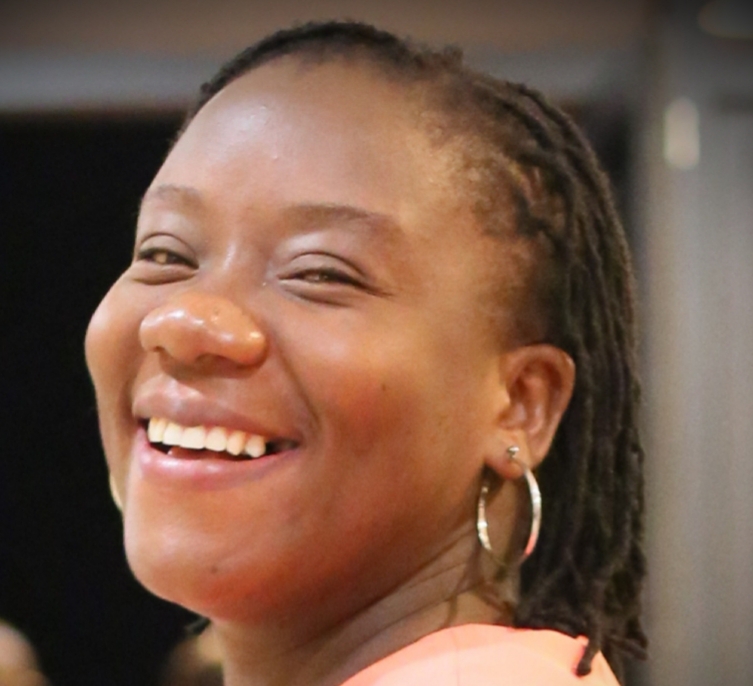
Tiwonge Kumwenda Mtande (Malawi)
Tiwonge Mtande is a PhD candidate in Clinical and Research Ethics at Stellenbosch University. She holds MSocSci in Health Research Ethics from University of KwaZulu-Natal and a BSc in Biology from University of Malawi. She works as Deputy IRB Administrator at Kamuzu University Research Ethics Committee and is a Research Fellow for a project aimed at developing research ethics online training curriculum at Kamuzu University of Health Sciences in Malawi. Tiwonge also served as an IRB Officer overseeing ethics and regulatory aspects of clinical trials at UNC Project in Malawi. Her doctoral research is around ethics of pragmatic clinical trials in low resource settings. Much of her work focuses on IRB operations, ethics of alternative clinical trial designs, public health research and global bioethics.
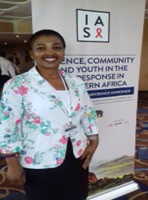
Babazile Shongwe (eSwatini)
Babazile Shongwe is a nurse by profession with over 20 years of experience. She holds a Diploma in General Nursing, a Diploma in Midwifery Science, an Advanced degree in Nursing, a post graduate Diploma in Research Ethics, and a Master of Science in International Research Ethics. She is presently working with the eSwatini Health and Human Research Review Board (EHHRRB) as the Executive Secretary / Head of Secretariate. She has also established the national ethics committee, which is now known as the eSwatini Health and Human Research Review Board.
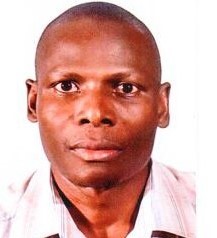
Joseph Ochieng (Uganda)
Dr. Joseph Ochieng MD, with bioethics training is an Associate Professor and former chair of Department of Anatomy, Makerere University. He coordinates the MHSc Bioethics program at Makerere University and a number of short research ethics courses across the country. He has spearheaded the development of curriculum and implementation of various research ethics-related training curricula to facilitate both long-term term and short-term training in the country and region. He currently is the chair of the National HIV/AIDS Research Ethics Committee based at the UNCST, the national research regulatory agency. Dr. Ochieng has served at the national level on a number of assignments including drafting committee that revised the Uganda National Guidelines for Conduct of Research Involving Humans as Participants in 2007 and 2014. He is currently chairing the national task force that is revising the 2014 version of the National Guidelines for conduct of research involving humans as research participants. He was vice-chair for the drafting team for the first Uganda National Guidelines for Use of Animals in Research and Teaching, 2021. He contributed to the development of the Uganda National Guidelines for Biobanking and has been the vice-chair of the committee that developed the Uganda National Guidelines for Community Engagement in Research. He is an award winner of the national bioethics award for 2013, an award by the Uganda National Council for Science and Technology. His areas of research include research regulatory systems, genetics and genomics research and community engagement.
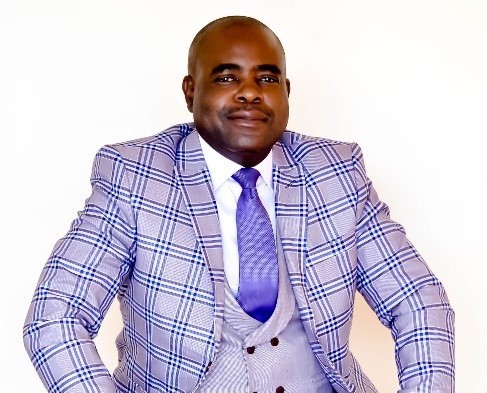 Farayi Moyana (Zimbabwe)
Farayi Moyana (Zimbabwe)
Dr Farayi Moyana is a dental surgeon. He is a lecturer at The Harare Institute of Technology in the School of Allied Health Sciences and Acting Chairperson of the Department of Dental Sciences and the Director of the Zimbabwe Academy of Dental Nursing. He is a Board Member of Sunshine Kids Mushavana (SKMV) in Australia, focussing on the protection of children. He is also a member of the Medical Board for the Mom-Junction On-line Health magazine and is a reviewer at the Medical Research Council of Zimbabwe. He is actively involved in setting up the Research Ethics Committee for HIT. He holds the following degrees and diplomas from South African Universities: a PhD in Bioethics and Health Law from the University of the Witwatersrand, a Bachelor of Dental Surgery from Sefako Makgatho Health Sciences University, a Master of Public Health from the University of Limpopo, a Master of Philosophy in Applied Ethics from Stellenbosch University, a postgraduate diploma in Health Research Ethics from Stellenbosch University, a postgraduate diploma in Orthodontics and a postgraduate Certificate in Dental Implantology, both from the University of Pretoria. He holds a Bachelor of Adult Education from the University of Zimbabwe, a Master of Business Administration from the Zimbabwe Open University, an advanced diploma in dental auxiliary pedagogy from Sask Poly and a Health Teachers diploma from Mandel Training Institute in Harare. His research interests include Dental Practice Ethics, Public Health Ethics and Global Health Ethics.
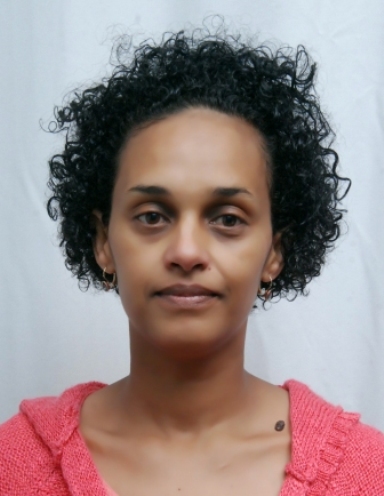 Liya Wassie (Ethiopia)
Liya Wassie (Ethiopia)
My research interests are focused on TB immunology, leading key initiatives at AHRI, and contributing to national TB policies to enhance high-quality TB research. Since 2003, the focus of my research has been to understand the patterns of host immune response during different stages of TB infection and disease, as well as the interaction of hormones with host immunity during TB infection. With the goal of identifying biomarkers with possible applications to improved TB diagnostics and vaccines, I have experience conducting collaborative clinical and translational research studies in the areas of TB and other infectious diseases.
 Jemee K. Tegli (Liberia)
Jemee K. Tegli (Liberia)
Jemee K. Tegli serves as the IRB Coordinator of the Atlantic Center for Research and Evaluation (ACRE) at the University of Liberia. He has a background in Regional Science, Bioethics, Research Ethics, IRB Administration, Clinical Research Operation, and Social Mobilization Communication & Engagement. He is a 2013 alumnus of the Bioethics Fellowship programs at the Western Institutional Review Board (WIRB)-Copernicus Group, Puyallup, Washington, USA, and a 2015 alumnus of the Berman Institute of Bioethics at John Hopkins University, USA. He is a Member of the National Research Ethics Board of Liberia (NREBL). He serves as a Board Member of the Liberia Center for Outcome Research in Mental Health (LiCORMH). He is a member of the Technical Working Group on Ethics of the West Africa Integrated Vector Management Programme (WA-IVM). He currently serves as Assistant Director for External Partnerships at Family Health International Clinical/Partnership for Research on Vaccines and Infectious Diseases in Liberia (FHIC/PREVAIL), a National Institute of Allergy and Infectious Disease (NIAID/NIH) research program. He served as the Project Coordinator of LiberHetica, a three-year (2019 – 2022) EDCTP project involving three institutions, UL-PIRE IRB, NREBL, and R-Evolution Worldwide, in strengthening ethics capacity in Liberia. He also serves as a Peer Reviewer for the Journal of Public Health in Africa. His research interest includes Bioethics and Research Ethics, and Infectious Diseases.

Ama Edwin (Ghana)
Dr. Ama Edwin holds an MB ChB, MPhil in Clinical Psychology, an MA in Bioethics and Health Policy, and a Doctor of Bioethics. She is a Physician Clinical Psychologist and Bioethicist with experience in emergency preparedness and response to emerging diseases, research in pandemics stakeholder engagement, situation analysis, risk communication, community engagement, policy formulation and guideline development, technical support and coordination, and capacity building of health workers. She is a senior lecturer in the Department of Psychological Medicine and Mental Health at the University of Health and Allied Sciences and Head of Department for Bioethics and Palliative Care at the University of Ghana Medical Centre. Her work involves integrating medical and psychological care to provide holistic care for clients and patients. She is experienced in palliative care and stress management, and Critical Incident Stress Management. A passionate advocate of issues affecting women and children and bridging gender gaps in professional and public life. She has served on the Ghana Health Service Ethics Review Committee, the Korle Bu Teaching Hospital Institutional Review Board, and the Médecins Sans Frontières Ethics Review Board. She is dedicated to ethical research in vulnerable populations, genetics research, bio-banking, biosafety, and biosecurity.

